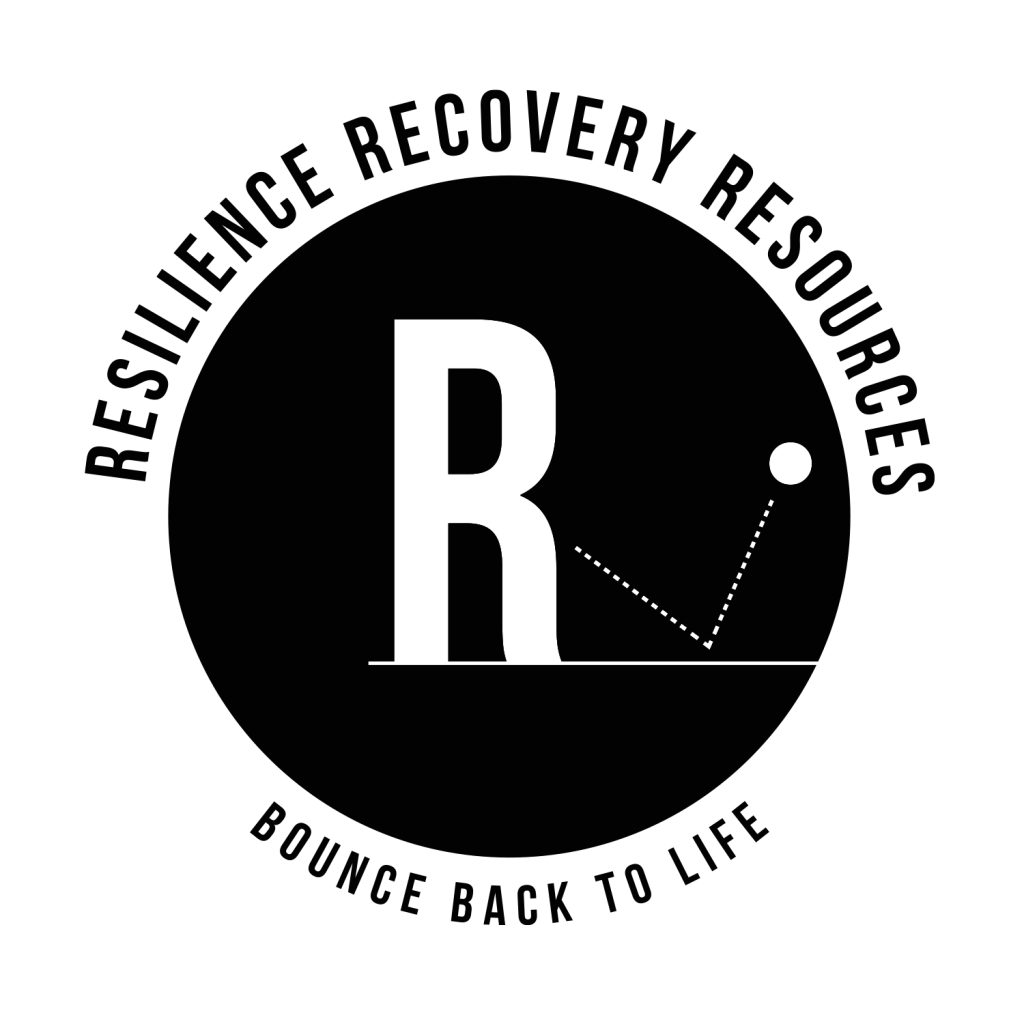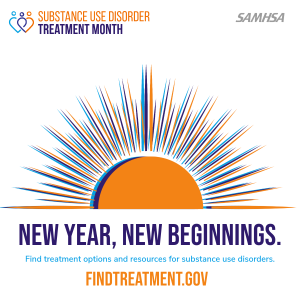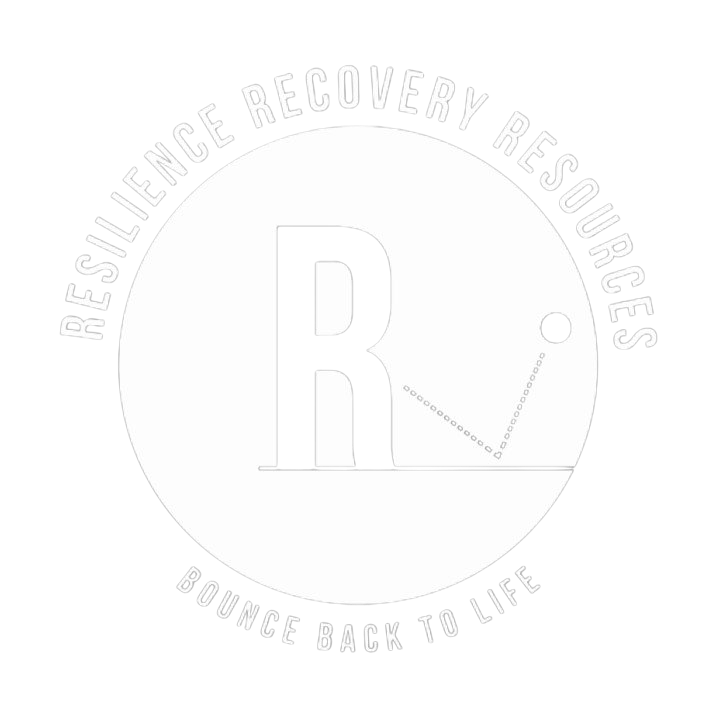May is Mental Health Awareness Month! We’re celebrating by just opening up conversations. There are so many topics to unravel, so we thought we’d start with a few simple tips to help improve your mental health:
-
Write down something you’re grateful for ☺️ Gratitude has been linked to improved well-being, overall happiness and is a powerful tool used by successful business people and regular ol’ joes alike!
-
Spend time with a furry friend 🐶🐱 Pet therapy is proven to boost endorphins, which is why therapy dogs are often used to help treat PTSD, anxiety, and a host of other mental health issues.
-
Exercise 🚴♂️ Take a walk, go on a bike ride, hit the gym! Whichever method of exercise you prefer – get your heart rate up and get those endorphins to kick in! At least 30 minutes a day is recommended.
-
Go outside! ☀️ Sunlight helps your body produce Vitamin D, which increases serotonin in your brain. You can combine any of these tips (except #9) with this one for double the benefit!
-
Eat well 🍎🥦🥑 Gut-brain health is a real thing. Your gut is constantly sending signals to your brain and your food intake has huge affects on your overall mental wellbeing. For example, protein-rich foods increase norepinephrine, dopamine, and tyrosine, which help keep you alert; omega-3 polyunsaturated fatty acids can improve your mood and help cognitive function.
-
Confide in a friend or mental health professional 🙋♀️ People often hold things in, let their problems build up, take too much on, or feel like they can’t trust anyone. Talking about your issues is proven to be effective, whether in a friendly or professional setting. Being able to open up to others is an actual skill and takes practice. Rome wasn’t built in a day. You don’t need to share your deepest darkest secrets all at once. Just start with one thing that’s upsetting you or makes you feel heavy.
-
Do something for someone else. 🤝 This is a proven strategy used in 12-step fellowships. Get outside of yourself and be useful to others. Not only does this take your mind off of your own problems, but it helps build self-worth by doing esteemable acts.
-
Take a break 🧘♀️Slow down; take a step back; walk away. Take a few moments to yourself. Try a breathing exercise and take 10 slow deep breaths. This is proven to alleviate stress and increase blood flow. Or try a guided meditation or listen to some music and space out. Time to yourself is always beneficial – just make sure you don’t hide out for too long! There is a difference between self-care and avoidance.
-
Go to bed on time 🛌Try to practice better sleep habits like shutting off screens an hour before bed time, limiting caffeine intake, setting an early and regular bed time so your internal clock gets into a routine. Sleep deprivation is proven to have negative effects on mental health and your mood.
-
Laugh! 😂 Ever heard, ‘Laughter is the best medicine’? Well it really can be! Laughter decreases stress hormones, increases circulation and oxygen-intake, releases endorphins, and even has long-term benefits like improves your immune system, relieves pain, and of course improves your mood – no joke!
Any of these tips can be done individually, collectively, and/or daily! Feeling down? Try one! Make a start. Don’t get overwhelmed. Please feel free to share your experience with us!






